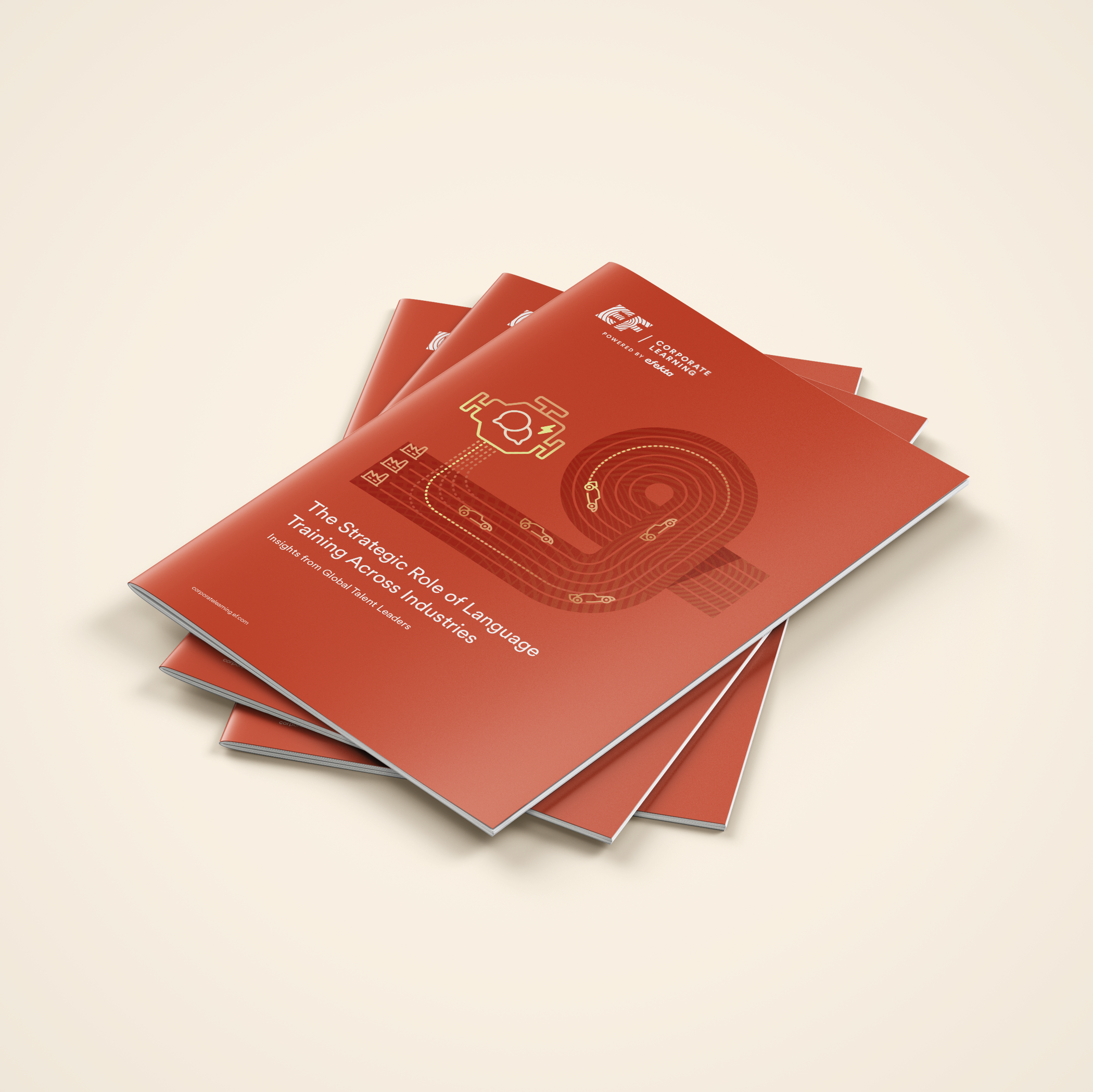22nd September 2025
How HR leaders can build future-proof skills in their workforce
With technical skills expiring faster than ever, insights from IBM Brazil’s HR Director Rodrigo Souto highlight why communication and soft skills will be central to workforce resilience.

